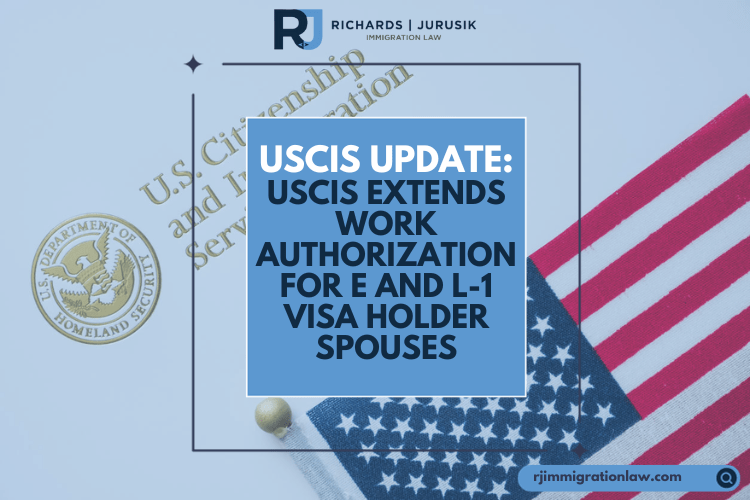E Visa: Consular Process vs. Status Change Differences
For foreign business professionals looking to engage in significant trade or investment activities in the United States, understanding the strategic implications of applying for E1 or E2 visas via a U.S. Consulate versus opting for a change of status through USCIS is pivotal. This article goes into each pathway, outlining their distinct processes, advantages, and considerations to aid in making an informed decision that aligns with your professional and immigration objectives.






